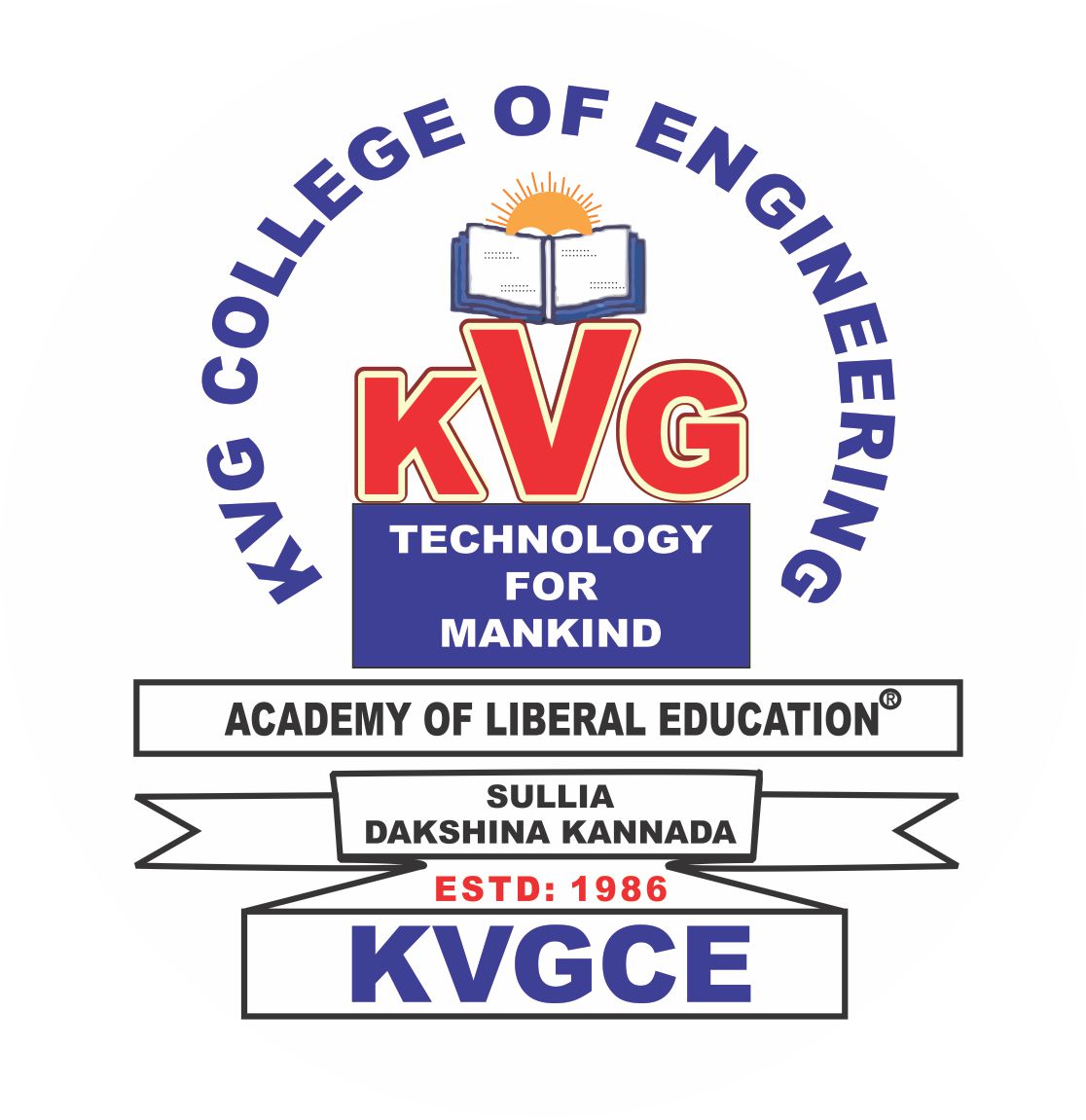SPHERE HIVE
Staying ahead of the curves
Shaping Tomorrow's Technology
Sphere Hive is more than just a tech hub - it's an ecosystem where innovation thrives and future tech leaders are forged. We combine cutting-edge technology with creative thinking to solve complex challenges.
Innovation Hub
A space where ideas transform into groundbreaking solutions
Tech Excellence
Cutting-edge technology and development practices
Collaboration
Cross-disciplinary teams working towards common goals
Growth
Continuous learning and professional development

Our Story
From a vision to reality - the journey of innovation and excellence

Sphere Hive
Innovation Club
🚀 The Beginning
Born from a passion for technology and innovation, Sphere Hive emerged as a student-driven initiative to create a collaborative ecosystem where ideas transform into groundbreaking solutions.
💡 Our Mission
To empower students with cutting-edge technology skills, foster entrepreneurial thinking, and build the next generation of tech leaders who stay ahead of the curves.
🎯 What We Do
From hackathons to workshops, startup incubation to research projects, we provide a platform for students to explore, experiment, and excel in the rapidly evolving tech landscape.

KVG College of Engineering
Sullia, Karnataka
🏛️ Our Home
KVG College of Engineering, located in the scenic town of Sullia, Karnataka, provides the perfect environment for academic excellence and technological innovation.
🌟 Excellence in Education
Known for its commitment to quality education and research, KVG College has been nurturing engineers and technologists who make significant contributions to society.
🤝 Perfect Partnership
The college's progressive approach to technology education and our club's innovative spirit create the perfect synergy for fostering the next generation of tech leaders.
Meet Our Team
A diverse group of innovators, technologists, and creative minds working together to shape the future of technology.
Upcoming Events
Join us for exciting events that bring together innovators, creators, and tech enthusiasts.
Next Event: AI Hackathon 2024
Innovation Hub, Building 4
Loading past events...
Our Projects
Innovative solutions that push the boundaries of technology and create meaningful impact.
Join Our Community
Be part of a dynamic community of innovators, creators, and tech enthusiasts shaping the future of technology.
Exclusive WhatsApp Community
Fill the form and you'll be added to our exclusive WhatsApp community to stay up with the tech world. Get real-time updates, connect with fellow innovators, and never miss important announcements!